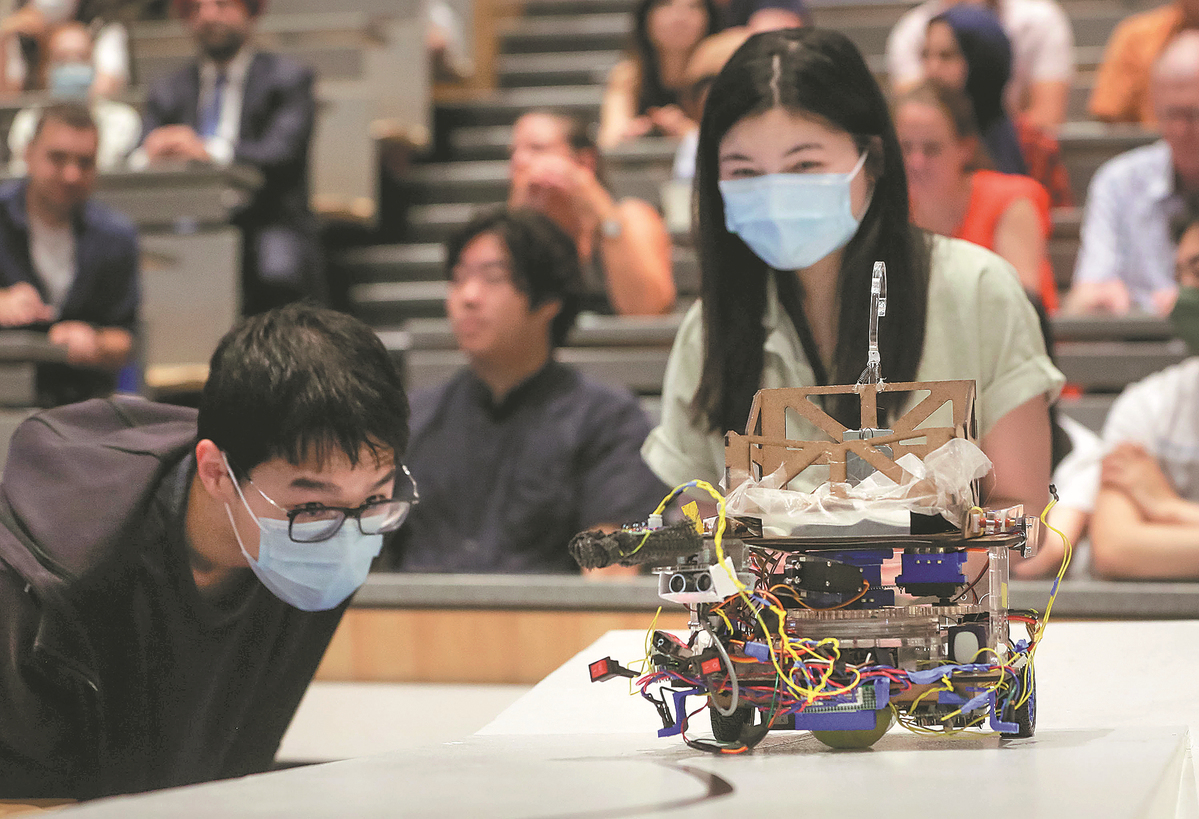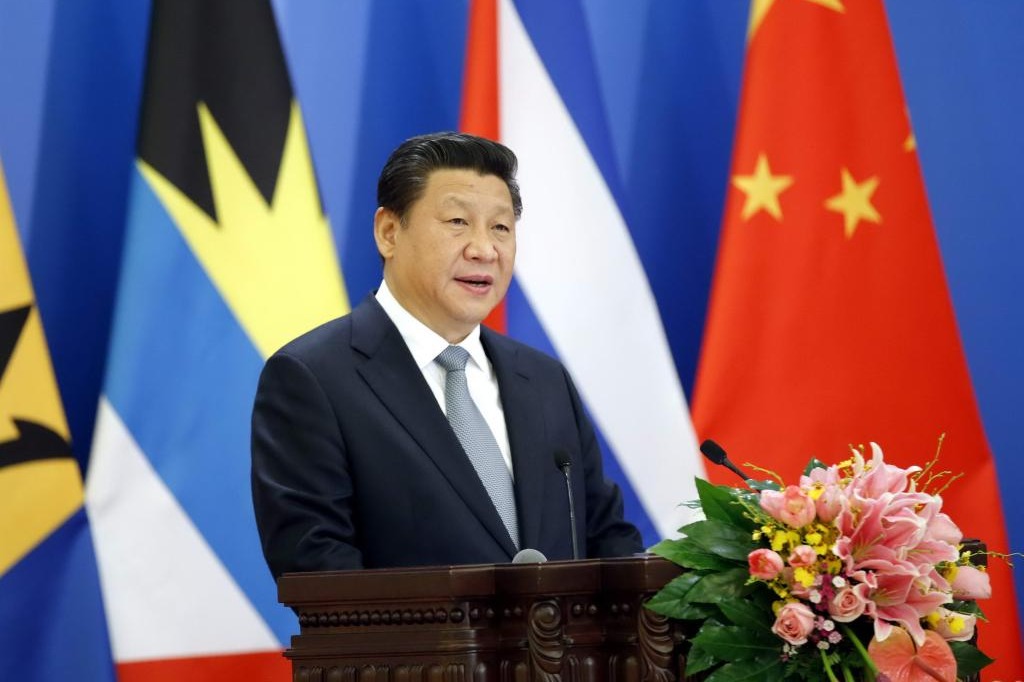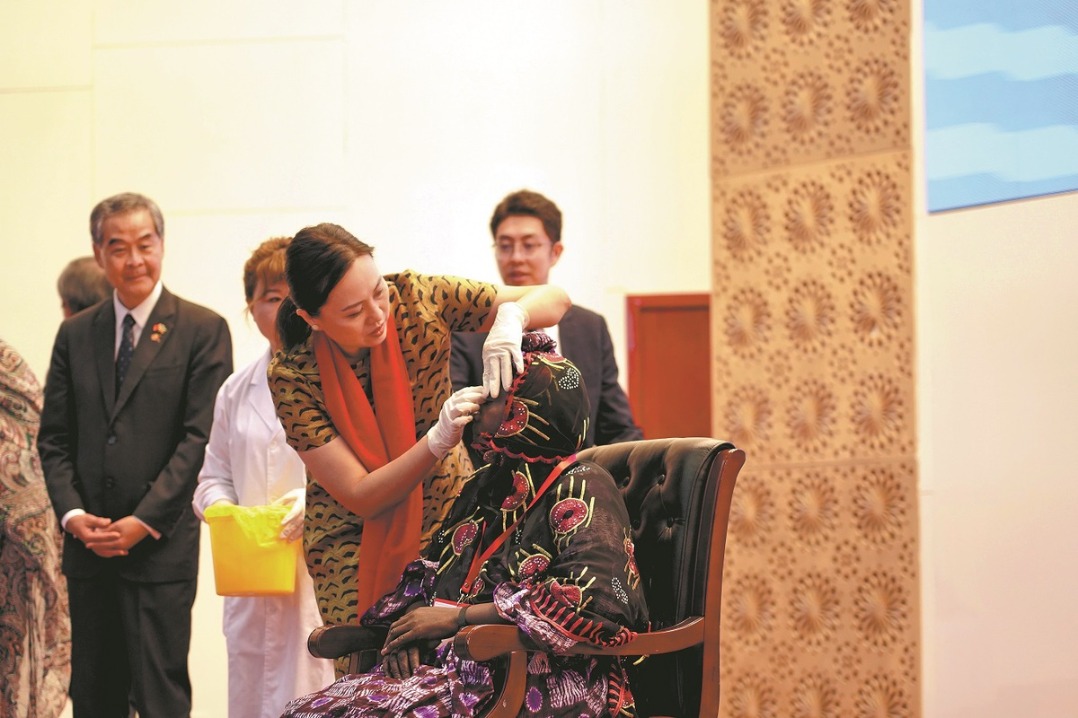Chinese students turning backs on United States


Permission needed
Under a recently enacted law signed by Florida Governor Ron DeSantis, public colleges in the state are required to obtain permission from a higher education governing board before engaging in collaboration with or accepting grants from specific countries, including China.
Florida also prohibits state colleges and universities from entering into any agreements or partnerships with foreign institutions without proper authorization.
In Ohio, lawmakers introduced a bill in March that aims to ban all formal relationships between that state's public higher education system and academic institutions in China.
In Texas the same month, lawmakers introduced a bill that would ban students from China and three other countries from being admitted to public colleges and universities in the state.
"As there is discrimination against Chinese Americans in the US, it might be better to go elsewhere for a different experience," He said.
The COVID-19 pandemic not only significantly reduced enrollment rates among Chinese international students in the past year, but also led to many individuals altering their life plans even after the number of cases subsided.
A report last year by The Wall Street Journal said that during the first half of 2022, the number of US student visas issued to Chinese nationals fell by more than 50 percent compared with pre-pandemic levels.
However, the recruitment of Chinese students had been faltering in the three academic years before the pandemic emerged. For example, IIE data show that while the 2012-13 academic year saw a more than 21 percent rise in Chinese students, the uptick in 2019-20 was less than 1 percent.
Some Chinese students were reluctant to travel far from home during the pandemic. As a result, Asian destinations such as Hong Kong and Singapore emerged as popular study choices for these students.
"When I was deciding whether to go to the US, my main focus was on career development. However, spending several months at home during the pandemic made me realize the importance of family bonds," He said.
Her mother disagreed with He's plans to work in the US. The pandemic also prompted He to consider the potential impact on her parents' retirement if they remained at home while she pursued opportunities in the US.
"I must consider my parents. Instead of having a dispute with them at some point in the future, I can just fix the problem in the first place," He said. "Anyway, the US is not the only option available."
























